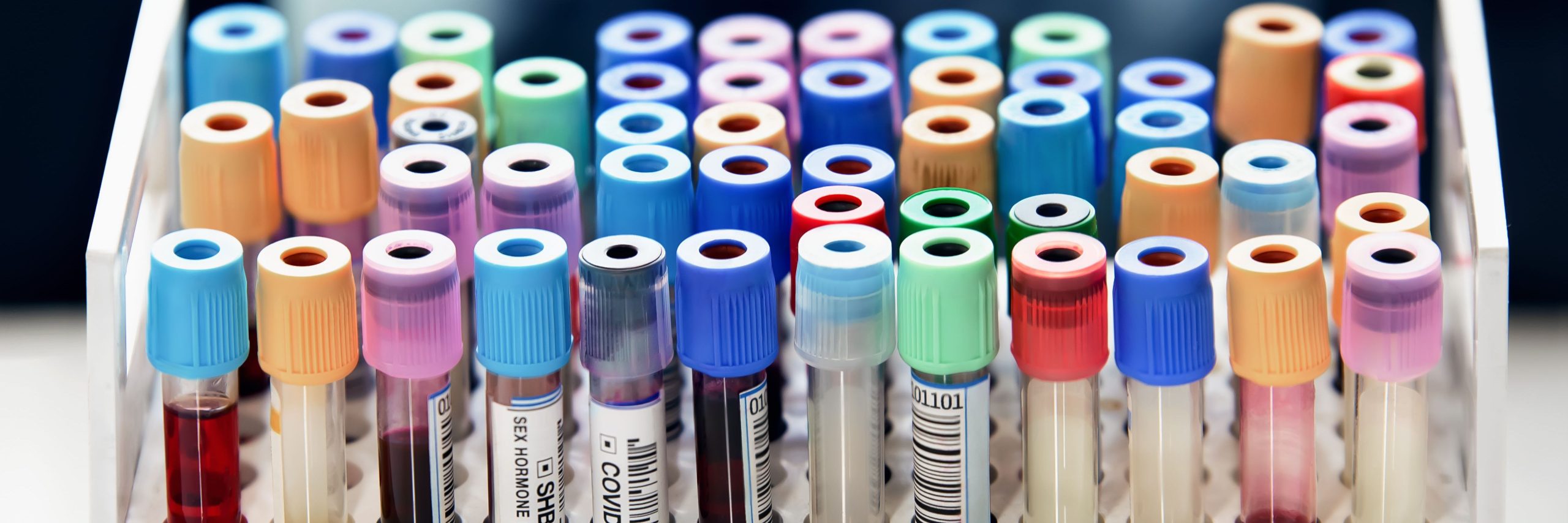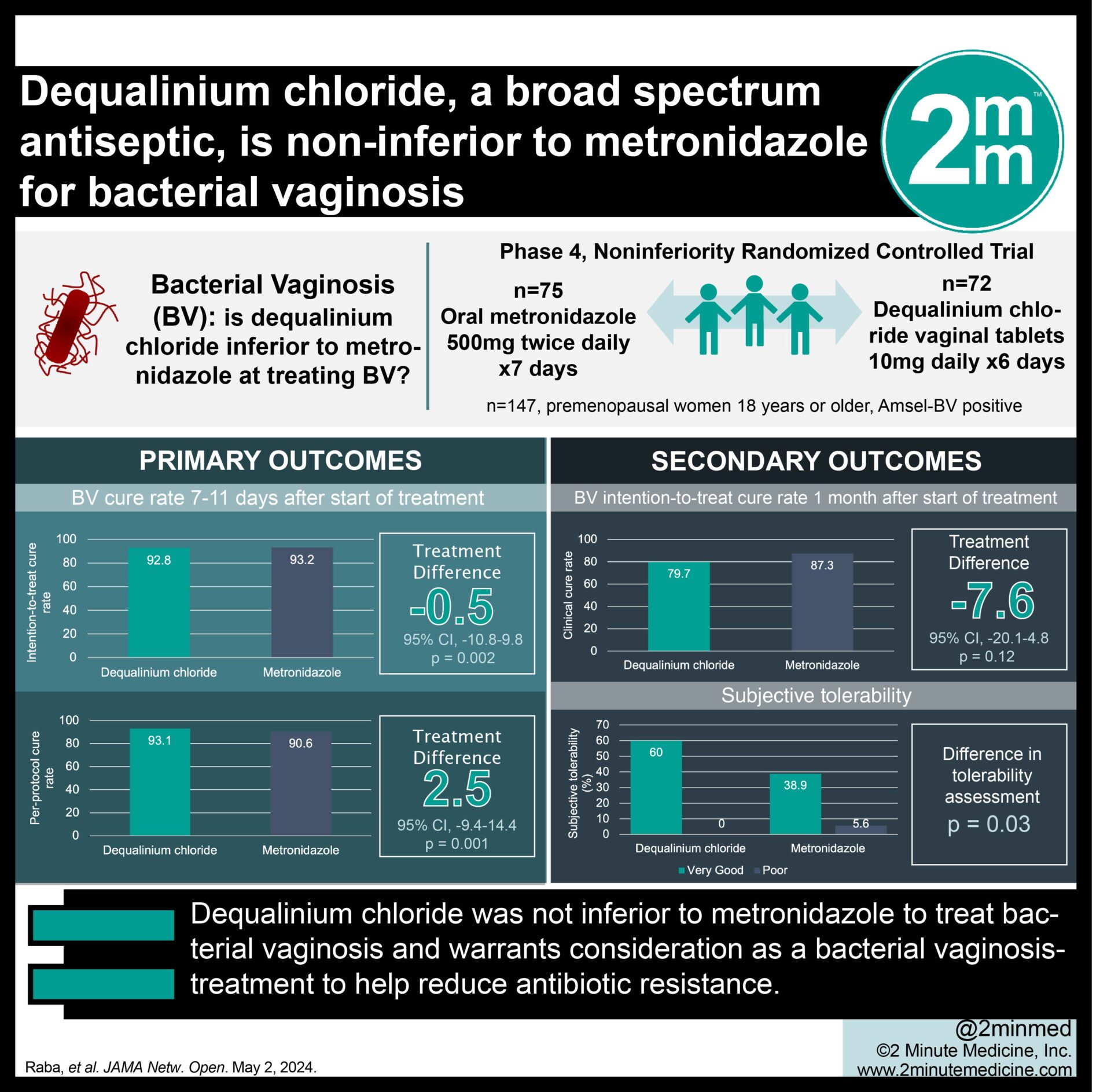BK virus-associated nephropathy (BKPyVAN) induces kidney allograft dysfunction. Although decreasing immunosuppression is the standard for managing BK virus (BKPyV) infection, this strategy is not always effective. The use of polyvalent immunoglobulins (IVIg) may be of interest in this setting. We performed a retrospective single-center evaluation of the management of BKPyV infection in pediatric kidney transplant patients. Among the 171 patients who underwent transplantation between January 2010 and December 2019, 54 patients were excluded (combined transplant n = 15, follow-up in another center n = 35, early postoperative graft loss n= 4). Thus, 117 patients (120 transplants) were included. Overall, 34 (28%) and 15 (13%) transplant recipients displayed positive BKPyV viruria and viremia, respectively. Three had biopsy-confirmed BKPyVAN. The pre-transplant prevalence of CAKUT and HLA antibodies was higher among BKPyV-positive patients compared to non-infected patients. After the detection of BKPyV replication and/or BKPyVAN, the immunosuppressive regimen was modified in 13 (87%) patients: either by decreasing or changing the calcineurin inhibitors (n = 13) and/or switching from mycophenolate mofetil to mTor inhibitors (n = 10). Starting IVIg therapy was based on graft dysfunction or an increase in the viral load despite reduced immunosuppressive regimen. Seven of 15(46%) patients received IVIg. These patients had a higher viral load (5.4 [5.0-6.8]log vs. 3.5 [3.3-3.8]log). In total, 13 of 15 (86%) achieved viral load reduction, five of seven after IVIg therapy. As long as specific antivirals are not available for the management of BKPyV infections in pediatric kidney transplant patients, polyvalent IVIg may be discussed for the management of severe BKPyV viremia, in combination with decreased immunosuppression.Copyright © 2023 French Society of Pediatrics. Published by Elsevier Masson SAS. All rights reserved.















